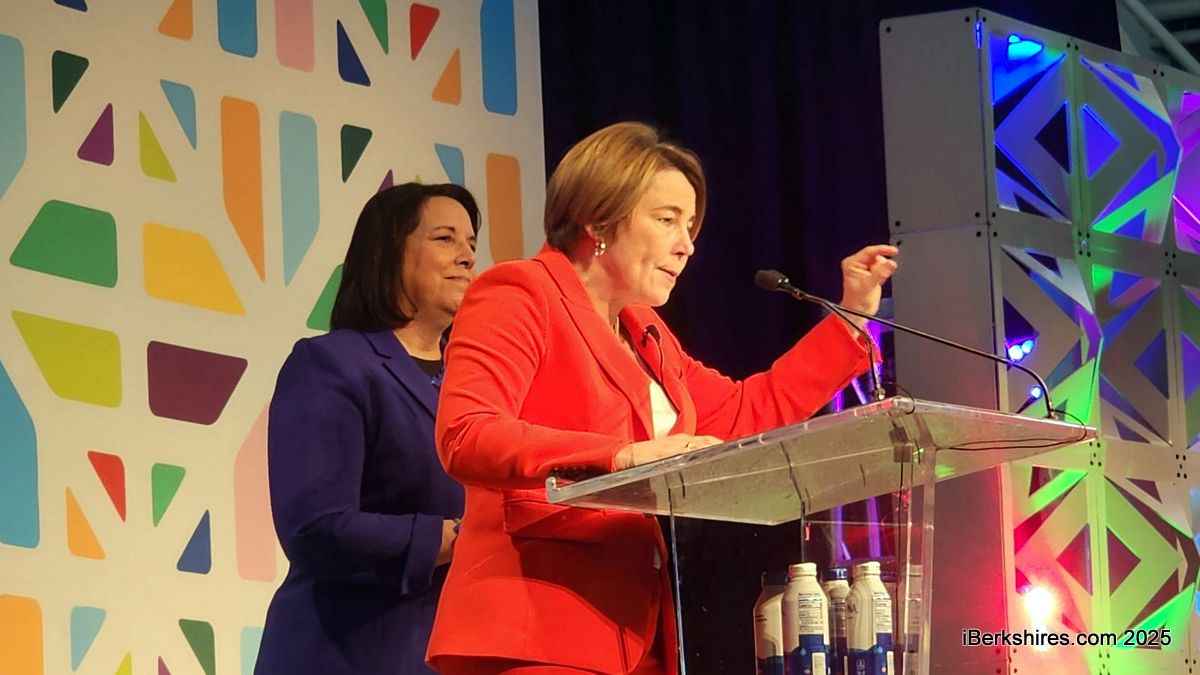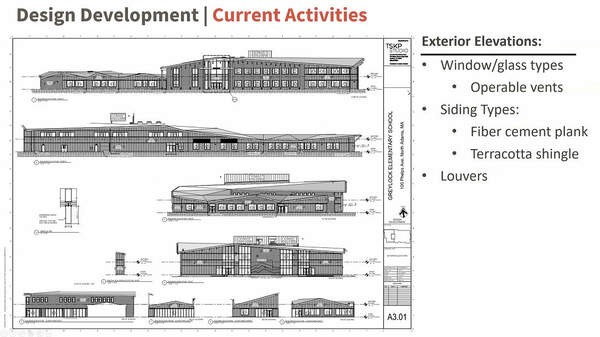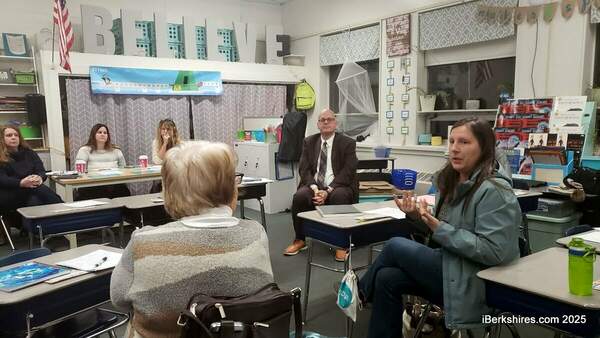MCLA gets $250,000 Grant for Science Programs
NORTH Adams, Mass. — The Massachusetts Life Sciences Center, under the Workforce Development Capital Program, has awarded MCLA a $253,542 grant to purchase equipment to advance its biology, chemistry, and health sciences programming.
The funds, which are to advance student training and career preparation, are to be utilized over the next two fiscal years. The equipment purchases will allow MCLA to continue to pursue an interdisciplinary approach to a Life Sciences curriculum that prepares students for a variety of careers in research, biomanufacturing, teaching, diagnosis, lifesaving treatment, and other biotechnology fields.
"Thanks to institutions such as MCLA, we are able to continue to accelerate educational and geographic equity in the life sciences," said Massachusetts Life Sciences Center President and CEO Kenneth Turner. "Western Massachusetts has a growing cluster of innovation and entrepreneurship. We are emboldened by the opportunities to support economic and workforce development in this region that is critical to our strategy for remaining the global leader in the life sciences."
Tools and supplies that support such programs include a Fourier transform infrared spectrometer (FTIR), an osmometer, sonicator, and lyophilizer, which are important in pharmaceutical design, manufacturing, and biomedical research. Additionally, common equipment such as pH meters and micropipettes will be updated, and more sophisticated instruments such as the inductively-coupled plasma optical emission spectrometer (ICP-OES) and gas chromatograph (GC) will receive maintenance and updated parts in order to improve data integrity and accuracy. These specific instruments are equivalent or identical to the equipment used in the industry and can benefit student training and career preparation.
"The Workforce Development Capital Program is a fundamental stepping stone for MCLA to reach new heights and allow students to attain necessary skills in health sciences," said MCLA President Dr. James F. Birge. "I’m elated to hear that the College can better support our liberal arts programs by strengthening the life sciences studies and attain tools that are equivalent to those being used in the pharmaceutical and biotechnology industry."
"Typically, small liberal arts colleges such as MCLA offer students close mentorship by faculty and small, intimate, hands-on class experiences, while larger institutions provide more state-of-the-art equipment and resources," said Professor of Chemistry Dr. Carolyn Dehner.
She and fellow faculty members Professor of Biology Dr. Ann Billetz and Chair and Associate Professor of Biology Dr. Justin Golub said what makes this partnership between MCLA and MLSC so powerful is that students will benefit from the best of both worlds.
"Since we have such a small student-to-faculty ratio, all our biology and chemistry students will have the opportunity to train on the most advanced technology currently being utilized by biotech and health science industries in the Berkshires and across Massachusetts," she said.
Tags: health sciences, MCLA,
















